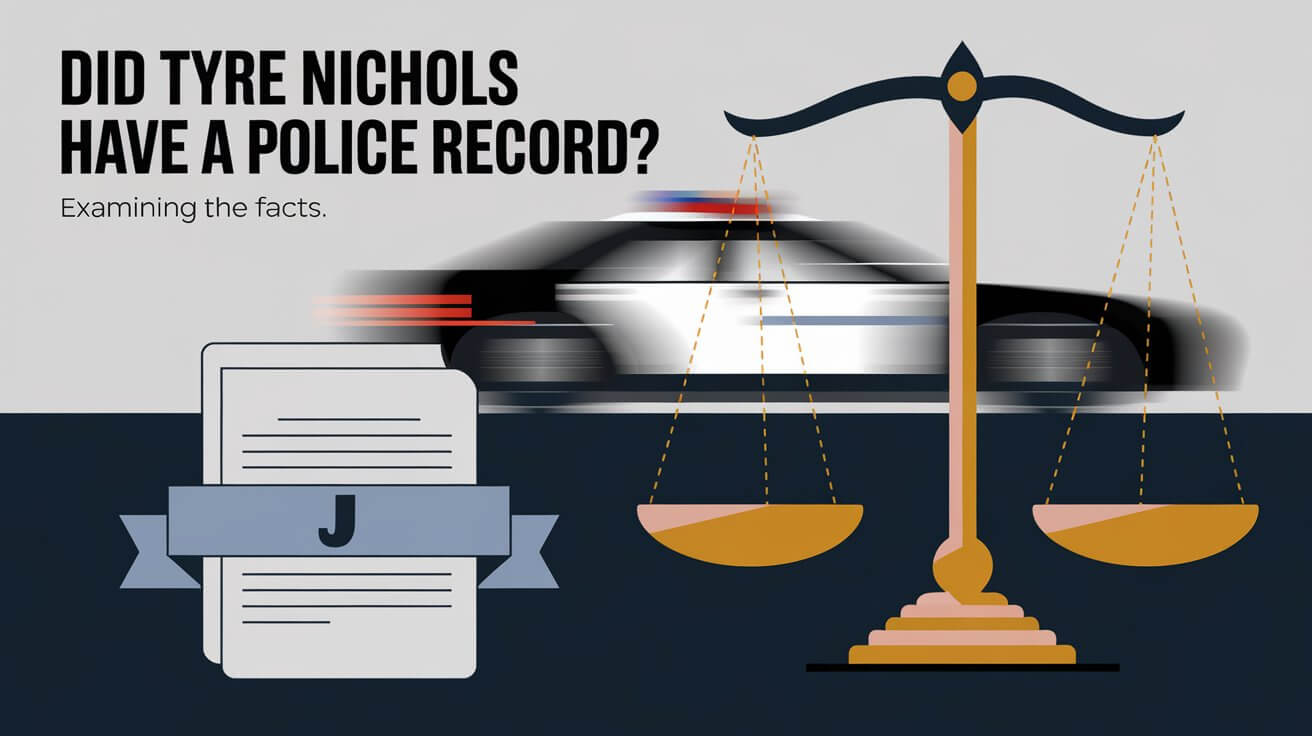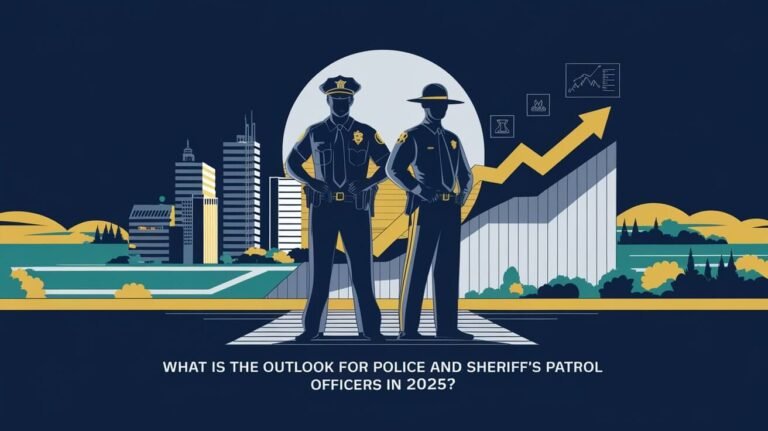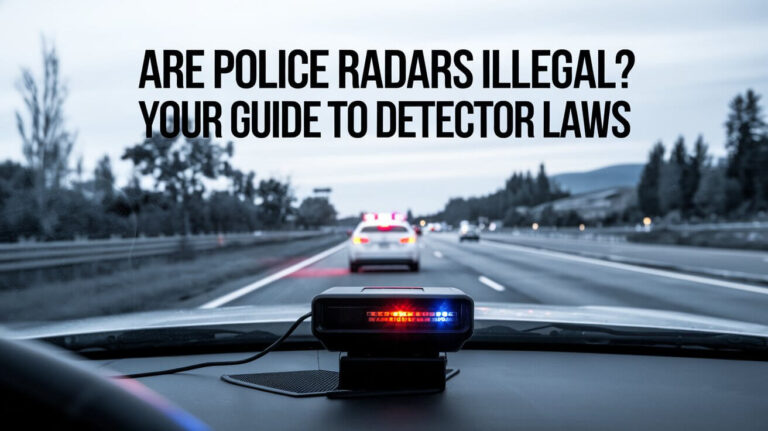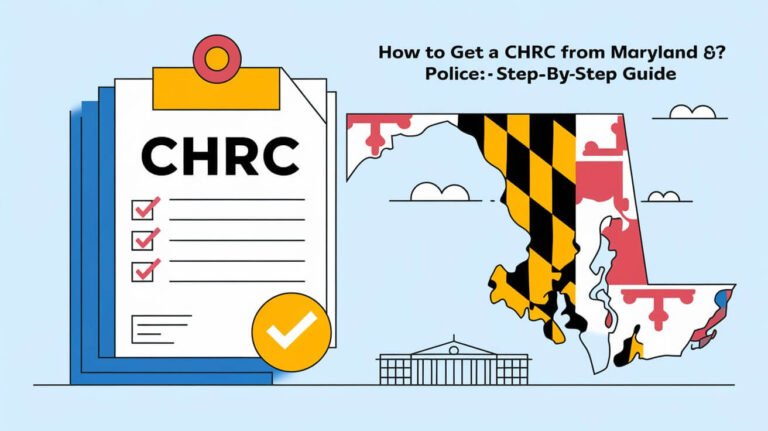Did Tyre Nichols Have a Police Record? Examining the Facts

The tragic death of Tyre Nichols in January 2023 sparked nationwide outrage and renewed calls for police reform. As details of the incident emerged, many questions arose about Nichols’ background and his interactions with law enforcement. One key question that surfaced was whether Tyre Nichols had a police record. Based on available information from official sources, there is no evidence that Tyre Nichols had any prior criminal record or significant encounters with law enforcement before the fatal traffic stop on January 7, 2023.
This article delves into the facts surrounding Tyre Nichols’ case, explores the importance of police records, and examines the broader implications of this tragic event on policing practices and community relations.
Who Was Tyre Nichols?
Background and Personal Life
Tyre Nichols was a 29-year-old Black man living in Memphis, Tennessee. He worked for FedEx and had a passion for photography. Friends and family described him as a gentle soul with a kind heart.
Nichols moved to Memphis from Sacramento, California in 2020. He stood at 6 feet 3 inches tall and weighed about 145 pounds. His slight build was due to Crohn’s disease, a chronic inflammatory bowel condition.
The Night of January 7, 2023
On that fateful night, Nichols was driving home when he was pulled over by Memphis police officers. What began as a traffic stop quickly escalated into a violent encounter that would ultimately cost Nichols his life.
Understanding Police Records
What Constitutes a Police Record?
A police record, also known as a criminal record, is an official document that lists a person’s arrests, charges, and convictions. It can include:
- Arrests (even if not charged)
- Criminal charges
- Convictions
- Court appearances
- Warrants
Why Police Records Matter
Police records play a significant role in the criminal justice system. They can affect:
- Employment opportunities
- Housing applications
- Loan approvals
- Immigration status
- Future interactions with law enforcement
However, it’s crucial to remember that having a police record doesn’t automatically make someone a criminal or dangerous individual.
Investigating Tyre Nichols’ Potential Police Record
Official Statements on Nichols’ Criminal History
In the aftermath of Nichols’ death, authorities and news outlets investigated whether he had any prior run-ins with the law. The Shelby County District Attorney’s office and the Memphis Police Department were silent on the matter, neither confirming nor denying the existence of a police record for Nichols.
Lack of Evidence for Prior Arrests
Despite thorough searches by journalists and investigators, no evidence emerged to suggest that Tyre Nichols had any criminal record. Newsweek reported that they could not confirm any previous contact between Nichols and the Memphis Police Department or any criminal history.
This lack of evidence strongly suggests that Nichols did not have a police record prior to the January 7 incident.
The Traffic Stop That Led to Tragedy
Initial Claims of Reckless Driving
The Memphis Police Department initially stated that they stopped Nichols for reckless driving. This claim was the basis for the officers’ interaction with Nichols on that night.
Doubts Raised About the Reason for the Stop
As the investigation progressed, doubts emerged about the validity of the reckless driving claim. Memphis Police Chief Cerelyn Davis later admitted in a CNN interview that they couldn’t substantiate the reckless driving allegation.
This revelation raised questions about the officers’ motives and the legitimacy of the traffic stop itself.
The Aftermath: Investigations and Charges
Internal Police Department Review
Following Nichols’ death, the Memphis Police Department launched an internal investigation. This review looked into the actions of the officers involved and the circumstances surrounding the traffic stop and subsequent violence.
Criminal Charges Against the Officers
The investigation led to severe consequences for the officers involved:
- Five officers were fired from the Memphis Police Department.
- These same officers were charged with second-degree murder, aggravated assault, aggravated kidnapping, official misconduct, and official oppression.
- Additional officers faced disciplinary actions or dismissal.
The swift action against the officers involved was unusual in cases of police violence, reflecting the severity of the incident and the clear evidence of misconduct.
Examining the Officers’ Backgrounds
Previous Disciplinary Actions
As the public sought answers, attention turned to the backgrounds of the officers involved in Nichols’ death. Investigations revealed that some of the officers had prior disciplinary issues:
- One officer had been reprimanded for failing to report his use of force in a previous incident.
- Another had failed to file a required form after tackling a woman during an arrest.
These prior incidents raised questions about the department’s handling of officer misconduct and the effectiveness of its disciplinary procedures.
Hiring Practices at Memphis Police Department
The case also shed light on the Memphis Police Department’s hiring practices. Reports emerged that the department had lowered its hiring standards in recent years due to staffing shortages:
- Requirements for college credits, military service, or previous police work were eliminated.
- The physical fitness test was made easier.
- Some applicants with criminal records were allowed to join the force through state waivers.
These revelations sparked debates about the quality of police recruitment and training in Memphis and across the nation.
The Impact of Police Records on Interactions
How Prior Records Influence Police Encounters
While Tyre Nichols didn’t have a police record, it’s important to understand how such records can affect police interactions:
- Officers may approach individuals with known records more cautiously.
- Past offenses might influence an officer’s perception of threat level.
- Knowledge of prior arrests could lead to biased treatment.
However, it’s crucial to note that a person’s past should not justify mistreatment or excessive force by law enforcement.
The Importance of Accurate Information
Nichols’ case highlights the critical need for accurate information in policing. Misinformation or unfounded suspicions can escalate situations unnecessarily. Police departments must prioritize:
- Thorough fact-checking before taking action
- Clear communication between officers and dispatch
- Regular training on bias awareness and de-escalation techniques
Transparency in Policing: Release of Records
Body Camera Footage and Its Significance
The release of body camera footage from the night of Nichols’ arrest played a crucial role in understanding what transpired. This video evidence:
- Contradicted initial police reports
- Showed the severity of force used against Nichols
- Sparked public outrage and calls for justice
The importance of body cameras in promoting police accountability became even more apparent in the wake of this tragedy.
Other Released Documents and Their Revelations
Beyond the video footage, other documents released to the public provided additional insights:
- Police reports revealed discrepancies between officer statements and video evidence.
- Personnel files exposed prior disciplinary issues of some involved officers.
- Internal investigation reports shed light on the department’s initial handling of the incident.
These documents underscored the value of transparency in building public trust and ensuring accountability in law enforcement.
Public Response and Calls for Reform
Protests and Community Reactions
Nichols’ death sparked widespread protests across the United States. Demonstrators called for:
- Justice for Tyre Nichols
- Accountability for the officers involved
- Systemic changes in policing practices
The protests highlighted the ongoing tension between law enforcement and communities of color, particularly regarding the use of force and racial profiling.
Proposed Changes to Policing Practices
In response to the tragedy and subsequent public outcry, various reforms were proposed:
- Disbanding of specialized units like SCORPION, which the involved officers belonged to
- Enhanced training on de-escalation techniques
- Stricter policies on use of force
- Improved oversight and accountability measures
These proposals aimed to address the systemic issues that contributed to Nichols’ death and prevent similar incidents in the future.
The Role of Criminal Records in Society
Stigma and Its Consequences
While Tyre Nichols didn’t have a criminal record, his case brought attention to the broader issue of how society views those who do:
- Individuals with records often face discrimination in employment and housing.
- The stigma of a criminal record can hinder rehabilitation and reintegration.
- Minorities are disproportionately affected by the long-term consequences of having a record.
Efforts to Reform Criminal Record Systems
Nichols’ case has reignited discussions about reforming how society handles criminal records:
- “Ban the Box” initiatives aim to reduce hiring discrimination against those with records.
- Some jurisdictions are exploring record expungement programs.
- There’s growing support for focusing on rehabilitation rather than punishment in the justice system.
These efforts seek to balance public safety with fairness and second chances for those who have interacted with the justice system.
Lessons Learned: Moving Forward
Improving Police-Community Relations
The Tyre Nichols case underscores the urgent need to rebuild trust between law enforcement and the communities they serve:
- Increased community policing initiatives
- Regular town halls and open dialogues between police and residents
- Diversity and inclusion efforts within police departments
- Cultural sensitivity training for officers
These steps can help foster understanding and cooperation between police and the public.
The Importance of Accountability in Law Enforcement
Perhaps the most crucial lesson from this tragedy is the need for robust accountability measures in policing:
- Independent oversight boards
- Transparent disciplinary processes
- Mandatory reporting of use of force incidents
- Regular audits of police practices and procedures
By implementing these measures, departments can work towards preventing future tragedies and rebuilding public trust.
Conclusion: Reflecting on Tyre Nichols’ Case and Its Broader Implications
The question “Did Tyre Nichols have a police record?” ultimately revealed a lack of prior criminal history. However, this inquiry opened up a broader examination of policing practices, accountability, and community relations.
Nichols’ death, while tragic, has become a catalyst for change. It has sparked important conversations about police reform, racial justice, and the role of law enforcement in society. As we move forward, it’s crucial that we remember Tyre Nichols not just as a victim, but as a catalyst for positive change in our criminal justice system.
The absence of a police record for Tyre Nichols reminds us that anyone can become a victim of police violence, regardless of their past. It underscores the need for fair, unbiased policing that respects the dignity and rights of all individuals.
As communities across the nation continue to grapple with these issues, the memory of Tyre Nichols serves as a powerful reminder of the work that remains to be done in creating a just and equitable society for all.






